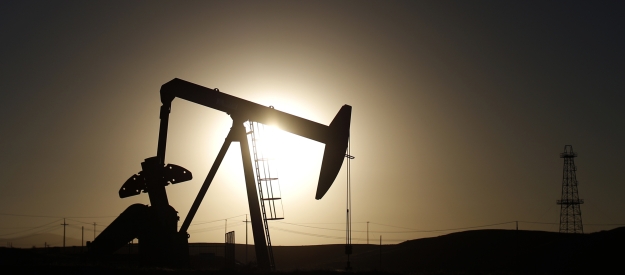The oil curse in Russia
Energy 12 January 2015While European consumers are enjoying the new trend of low oil prices, several opinion makers are resuming Richard Auty’s theory of the resource curse for the Russian case.
The resource curse, also known as the paradox of plenty, claims that countries who base their economy on the abundance of natural resources such as oil and gas are likely to have lower economic growth in the long run.
The political corollary to the resource curse is that countries with a large oil disposal tend to be authoritarian; this is based on historical evidences (Venezuela, Iran, Saudi Arabia) and the reasoning behind it is that natural resources do not require a developed bourgeoisie but just a concentration of economic disposal in few families [M. Ross, Does oil hinder democracy?].
It seems that in authoritarian regimes based on natural resources, if the price falls, it is probable that the political apparatus will experience a consensus crisis to the advantage of democratic ferments [Y. Gaidar, Collapse of an empire: lessons for modern Russia].
The Russian case confirms the theory. Moscow does not invest on manufacturing industry, but simply sells natural resources and buys goods. Oil and gas have contributed to half of the whole Russian fiscal income and 68% of its national exports in 2013. If this year the average oil price will be stabilized at around $ 60 per bar, Russian GDP will be cut by 3.5/4%.
In his speech at the end of the year, Putin has admitted that an economic diversification policy would have been advisable to avoid the current crisis. During his ruling period, Putin has built Russian economic recovery on oil price, which has raised from $25 to $140. Even the majority of long-term gas contracts with Europe are linked to oil price, meaning that gas price is set according to oil trends.
After Eltsin’s bespedel (deregulation), Putin nationalized natural resources. Thanks to the new general wealth (increased GDP by 7% per year in the period 2000-2008) and the Russian status as international energy colossus, political consensus around Putin has improved during the two mandates (political consensus got up to the apex of 87% in 2014). Nonetheless, despite a farsighted policy of huge public reserves, Russia is now suffering from the currency exchange. Ruble is worth less; importing goods (manufactures, fruits and vegetables) costs increasingly more to Russian citizens.
If the oil price falling trend continues, it is likely that Putin will need to propose a spending review. Putin has already announced a 5% cut in public expenditures, excluding defense and security, that is a huge decrease in public welfare, which might cause a fall in political consensus.
Although it is impossible to infer the incoming chapters of the Russian economic and political history, it is sure that Putin’s future is linked to trends in oil price.



